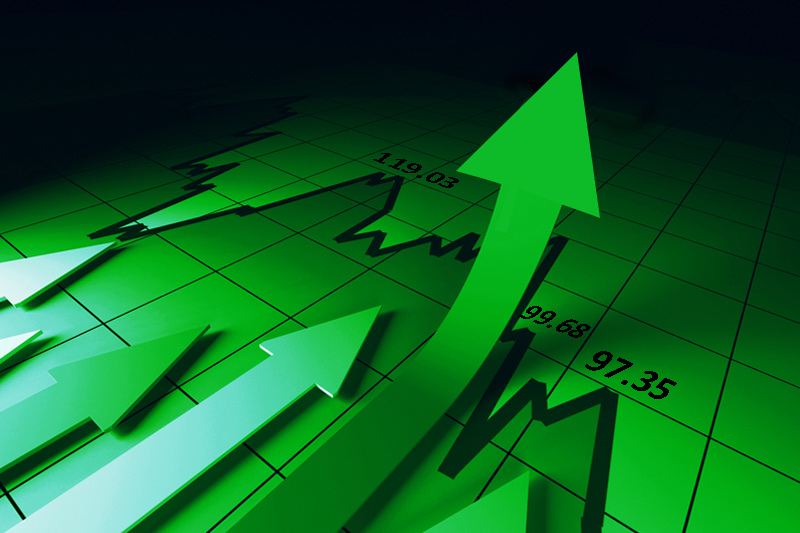Investing.com – The euro rose to a fresh 15-month high against the U.S. dollar on Tuesday, supported by expectations for higher euro zone interest rates and after reports that China has reiterated its commitment to buy European debt.
EUR/USD hit 1.4519 during early U.S. trade, the pair’s highest since January 14, 2010; the pair subsequently consolidated at 1.4482, gaining 0.33%.
The pair was likely to find support at 1.4290, Friday’s low and short-term resistance at 1.4577, the high of January 14, 2010.
Earlier in the day, the euro slipped after Japan's Nuclear Safety Agency raising the severity rating of the Fukushima accident to level seven, the highest classification and the same as the world's worst nuclear disaster at Chernobyl in 1986.
But the single currency remained well supported after the European Central Bank hiked interest rates last week and left the door open for further rate hikes this year.
The euro was also higher against the pound, with EUR/GBP surging 0.66% to hit 0.8891.
Also Tuesday, the ZEW Center for European Economic Research said its German investor-expectations index recorded a sharper-than-expected decline in April.
EUR/USD hit 1.4519 during early U.S. trade, the pair’s highest since January 14, 2010; the pair subsequently consolidated at 1.4482, gaining 0.33%.
The pair was likely to find support at 1.4290, Friday’s low and short-term resistance at 1.4577, the high of January 14, 2010.
Earlier in the day, the euro slipped after Japan's Nuclear Safety Agency raising the severity rating of the Fukushima accident to level seven, the highest classification and the same as the world's worst nuclear disaster at Chernobyl in 1986.
But the single currency remained well supported after the European Central Bank hiked interest rates last week and left the door open for further rate hikes this year.
The euro was also higher against the pound, with EUR/GBP surging 0.66% to hit 0.8891.
Also Tuesday, the ZEW Center for European Economic Research said its German investor-expectations index recorded a sharper-than-expected decline in April.
